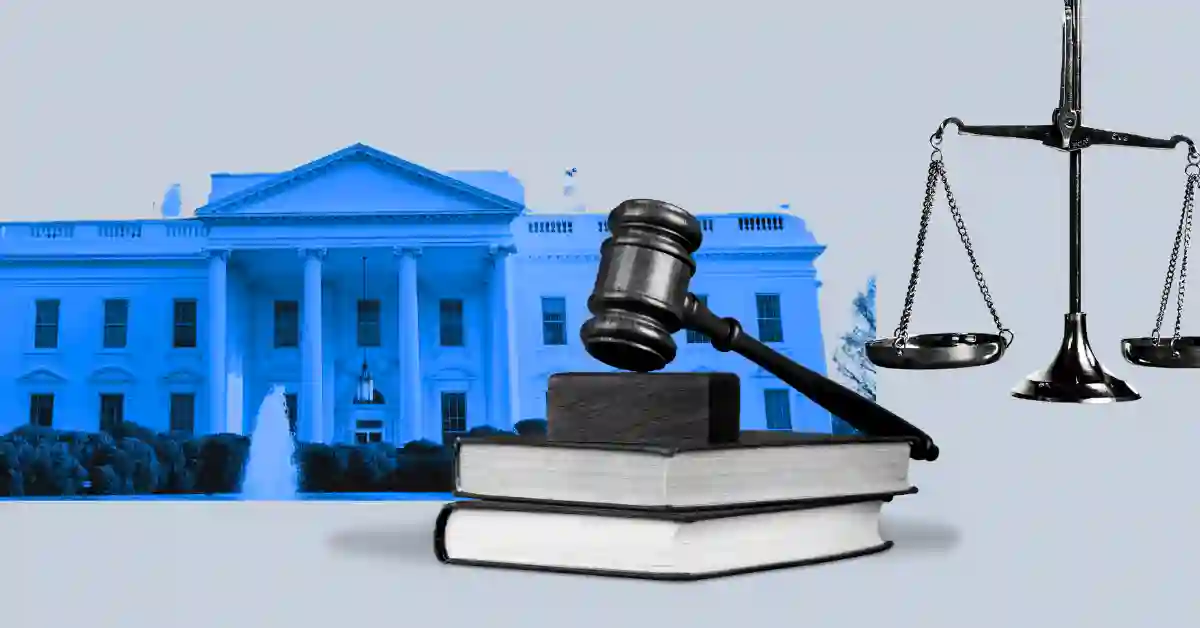
Introduction to Operation Chokepoint 2.0
In a significant move, Coinbase recently revealed a series of 23 “pause letters” received from the Federal Deposit Insurance Corporation (FDIC). This disclosure follows legal action taken by Coinbase to obtain documents related to what the cryptocurrency sector refers to as “Operation Chokepoint 2.0.”
The Concept of Operation Chokepoint 2.0
The term “Operation Chokepoint 2.0” is employed by many within the crypto industry to describe what they perceive as a deliberate strategy by regulators to suppress industries deemed untrustworthy. This is allegedly achieved by limiting these industries’ access to essential banking services, thereby hindering their operational capabilities.
Details of the FDIC “Pause Letters”
According to the letters dispatched in 2022, the FDIC urged various institutions to “pause all crypto asset-related activity” due to the nebulous nature of existing regulations governing digital assets. The letters promised future guidance on the supervisory expectations for engaging in crypto-related activities, including the necessity for regulatory filings, once a determination is reached.
Reactions from Coinbase and Industry Leaders
Coinbase’s Chief Legal Officer, Paul Grewal, highlighted the significance of these letters, asserting that they corroborate the existence of Operation Chokepoint 2.0. He criticized the FDIC for employing excessive redactions and for failing to produce a comprehensive set of documents. Grewal expressed pride in Coinbase’s persistent efforts to pursue Freedom of Information Act (FOIA) requests in the face of FDIC denials, appeals, and even a federal lawsuit.
Grewal emphasized the importance of transparency and clarity from government entities, advocating for unredacted versions of these communications. He argued that legitimate American businesses should have unfettered access to banking services without governmental obstruction.
Historical Context and Ongoing Challenges
The term Operation Chokepoint originated with an initiative that ran from 2013 to 2017, targeting payday lenders and other high-risk activities. In November, prominent leaders in the crypto sphere reported that banks had notified them of impending account closures in 2023 due to associations with digital assets.
For several years, crypto enterprises have grappled with difficulties in establishing banking relationships within the U.S., primarily owing to ambiguous federal guidance, compliance concerns, fraud risks, and potential damage to reputation. This has culminated in a general reluctance from banks to engage with the crypto industry.
The Broader Implications for the Crypto Industry
Executives at Coinbase have argued that the lack of explicit crypto guidelines enables regulators to enforce informal measures that effectively segregate the crypto industry from conventional financial services. This regulatory opacity continues to be a source of friction between crypto firms and banking authorities, necessitating a call for more coherent and transparent regulatory frameworks.






